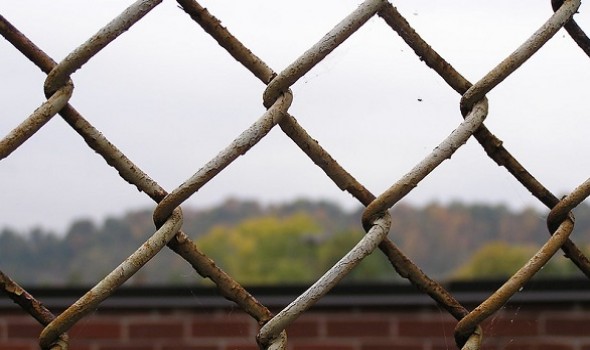UK's asylum housing shame
UK's asylum housing shame

The appalling conditions for asylum seekers housed at the Penally Camp and Napier barracks have been exposed in a damning report by the Independent Chief Inspector of Borders and Immigration and the prisons inspectorate. This can come as a surprise only to those who do not listen to migrant voices. It’s shocking nonetheless.
The report says that the Home Office disregarded advice by Public Health England and Public Health Wales that the dormitory accommodation was not Covid-safe (up to 28 in a room at one point); did not give contractors time to prepare the dilapidated, sometimes “filthy” accommodation; failed to take measures for containing a possible Covid outbreak; failed to ensure fire safety; had been slow to recognise the impact of prolonged isolation in unsuitable accommodation; failed to oversee managers who lacked necessary skills and experience.
The Home Office was castigated for “fundamental failures of leadership and planning”. A decrepit ‘isolation block’ was unfit for habitation. Depression and other mental health problems were rife; one-third of Napier respondents said they had felt suicidal. Residents had been told they would stay for a few weeks, but most remained for months. The Home Office provided virtually no information about when residents would be moved or about their asylum claims, giving rise to misunderstanding, rumours and fear.
To add insult to injury residents were shouted at and intimidated by protestors and members of the public who did not want them there, and Home Secretary Priti Patel fell back on military nationalism and said Napier had previously accommodated “our brave soldiers and army personnel”, and it was “an insult to say it is not good enough”.
All this evidence gives official confirmation to what some Migrant Voice members had previously uncovered by talking to the people best placed to reveal what was happening in this inadequately repurposed asylum housing, those who have had to live there. They told of staff racism and drug-trading, barely cooked rice swimming in water, restriction to accessing donated food, untreated injuries, broken lavatories, no hot water, threats that lodging complaints would affect asylum cases.
Their situation is encompassed in the inspectors’ report on conditions at the former barracks — and it’s a coruscating litany of incompetence and neglect. The Home Office’s failure in treating people with even the barest level of decency is dangerously close to abuse. But conditions and events at Napier and Penally are not isolated incidents. It is what happens when asylum seekers are kept out of sight, when their voices are unheard, when they are treated as having no worth, and when a government sets aside its duty of care and sets out to punish rather than provide sanctuary and operates on the absurd idea that the harsher the conditions here the more will people be discouraged from fleeing conflict and disrupted lives.
Asylum seekers are people and should be treated, like everyone in this country, with respect and fairness. To fail to do so is not an indictment of them, but of ourselves.
Photo credit: Pangalactic Gargleblaster / https://flickr.com/photos/almostinfamous/ / CC BY-NC-ND 4.0


